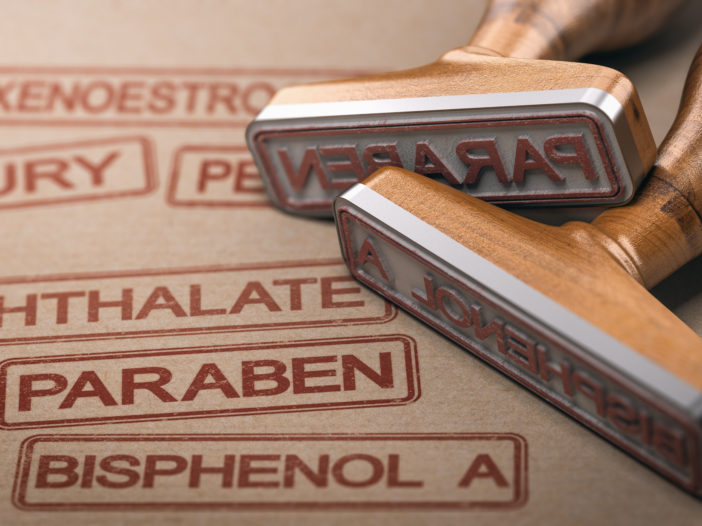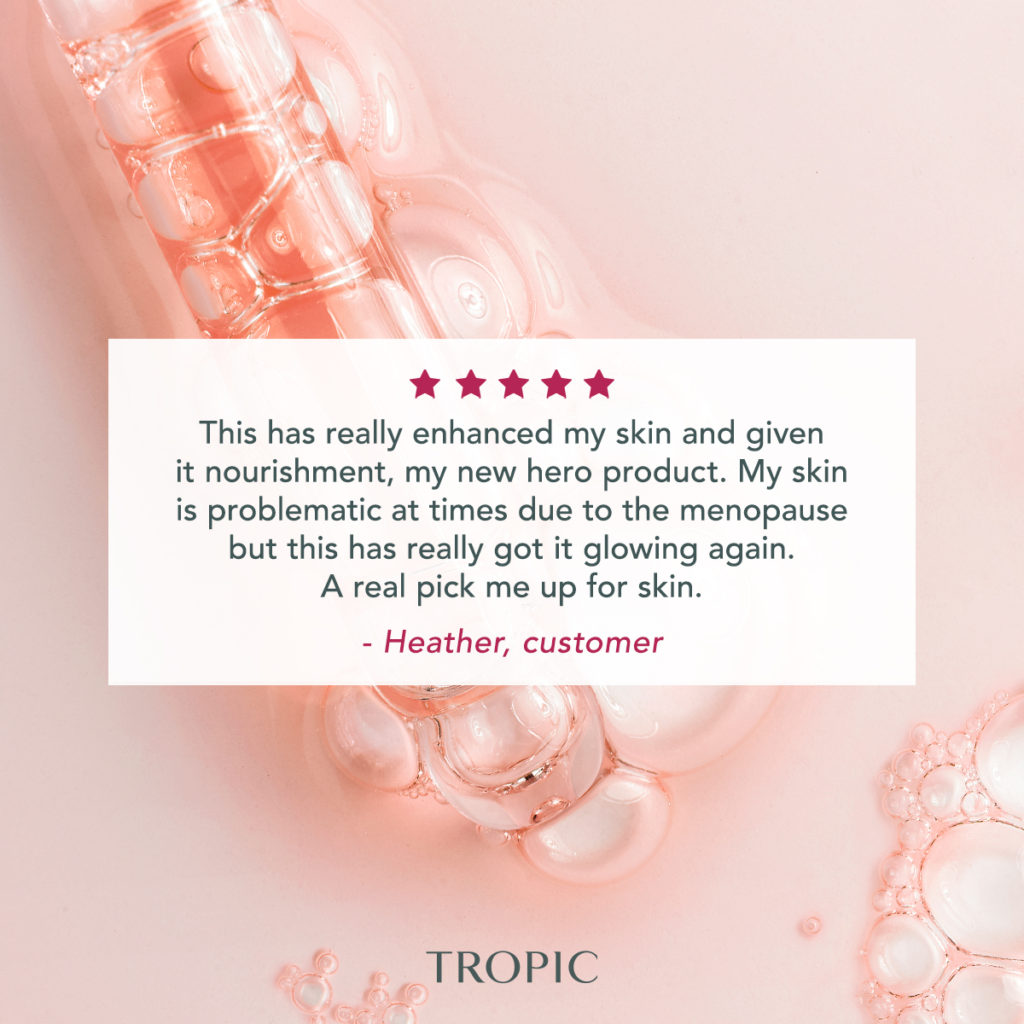
Top tips to avoid these nasties!
What are xenoestrogens?
Looks a scary word and it can be! Xenoestrogens are oestrogen mimicking chemicals and toxins which are not produced in your body. They behave like oestrogen and can disrupt your hormones.
And this is not good news for perimenopausal and menopausal women who have enough going on with their hormones as it is!
The problem is this: They are pretty much hiding everywhere! And they can be found in a variety of everyday products. They’re all over the place – probably in your kitchen, your bathroom, your laundry room and even your fridge!
Here are some examples of endocrine disruptors
- BPA is found in plastic bottles, cans and food packaging.
- Phthalates are found in wall and floor coverings as well as in perfumes and cosmetics.
- Endosulfan is an insecticide and Altrazine is a pesticide sprayed on crops.
- Parabens are found in personal care products.
- Heavy metals such as lead is found in paint and lipstick and mercury is found in amalgam fillings, water and large fish.
How do endocrine disruptors wreak havoc in your body?
It is quite common for toxins to enter your foods by way of pesticides and through the use of plastics such as Tupperware, plastic drinking bottles and plastic wrap.
They are also sneak into your body via skin creams, detergents and toiletries such as nail polish and makeup.
When they come into your body, they mimic the effects of oestrogen. As they are generally not biodegradable, they can build up in your fat cells, sometimes to unsafe levels.
And they either contribute to too much oestrogen in your body or block the effects of true oestrogen.
This is common in perimenopausal women as their oestrogen and progesterone levels tend to be fluctuating. And this can lead to oestrogen dominance which can exasperate unwanted menopausal symptoms. It can also increase the risk of breast, uterine and ovarian cancers.
So it is important for peri/menopausal women to keep oestrogen levels in a healthy range.
Here are some ways to avoid hormone disruptors getting into your body.
The best thing to do is to focus on reducing your exposure by controlling the pollution in your own home and what you put on your body.
Firstly – Around the house:
- Don’t wrap any food in plastic wrap and choose greaseproof paper instead.
- Use glass bottles instead of plastic ones. And filter water if you are able to.
- Do not microwave foods in plastic containers. If you have to use a microwave, use tempered glass instead.
- Buy organic, locally grown and in season food wherever possible to avoid pesticides. If this is not possible, make sure that you always peel nonorganic fruit and veg.
- Make sure you use natural cleaning products for the home.
- Avoid using pesticides in your garden.
Secondly – Make good food choices
- Buy pasture raised animal products to avoid hormones getting into your body from animals.
- Fibre is a great way to get rid of excess oestrogen. Stock up on whole grain foods, fruit and veg, nuts and seeds and beans and pulses.
- Cruciferous vegetables such as broccoli, brussels, cabbage and cauliflower contain indole-3 carbinol which can also help to eliminate excess oestrogen.
- Avoid processed and refined foods as these are low in fibre and high in sugar which overwhelms the liver and makes the elimination of excess oestrogen difficult for the body.
And thirdly – Think about your cosmetics and toiletries
Toiletries are some of the biggest offenders when it comes to xenoestrogens. And because our skin is the most absorbent organ in our body, this is one area it is worth paying attention to. You really don’t want these chemicals to enter your blood stream so it makes sense to buy natural and organic products for your skin whenever you can.
Just like our bodies, our skin needs to be fed a healthy, balanced diet of nourishing, nutritious ingredients. Using skincare that contains harmful or toxic ingredients could alter the normal function of our hormones which is something we need to avoid, especially building up to and during the menopause.
When you switch to more natural products, you do not have to compromise on quality
As an example, one of the best brands that I have come across is Tropic.
Their skin care range uses 100% natural ingredients and contains only safe and effective plant- based alternatives.
Do you want to find out more about natural skincare products?

Let me make it easy for you. I’d love to introduce you to Katie Culligan (known to Bash to everyone) who lives in Hove with her young family. She is a Tropic ambassador and this is what she has to say about Tropic:
“I’m constantly impressed from these 100% naturally derived products and often complemented on how great my skin looks by friends and customers. The ethical and the charity side of this company always humbles me, they’re constantly finding ways to create a healthier, greener more empowered world and I blooming love it! I am yet to find fault with this company and believe me I’ve looked”
There’s nothing she doesn’t know about natural skin care. In addition, she is great at helping peri and menopausal women just like you choose the best products for their skin.
Tropic prides itself on:
- Responsibly sourced ingredients
- Recyclable and refillable packaging
- Cruelty free
- Gluten free
- Vegan
- Charity funding
- Double carbon-neutral company
If you would like some free advice, you can contact Bash on
Instagram @bashtropicskincare
http://www.tropicskincare.com/katieculligan
Tel (44) 07786 933 813
The bottom line
Your hormonal systems are incredibly delicate and can react to even the smallest exposure to endocrine disruptors. Of course, it’s not possible to live in a bubble and remove all of them from our day to day lives. But every small step will help and reduce your personal load of endocrine disruptors.
If you would like to learn more about keeping your hormones balanced, get in touch via my website here. I would love to help
